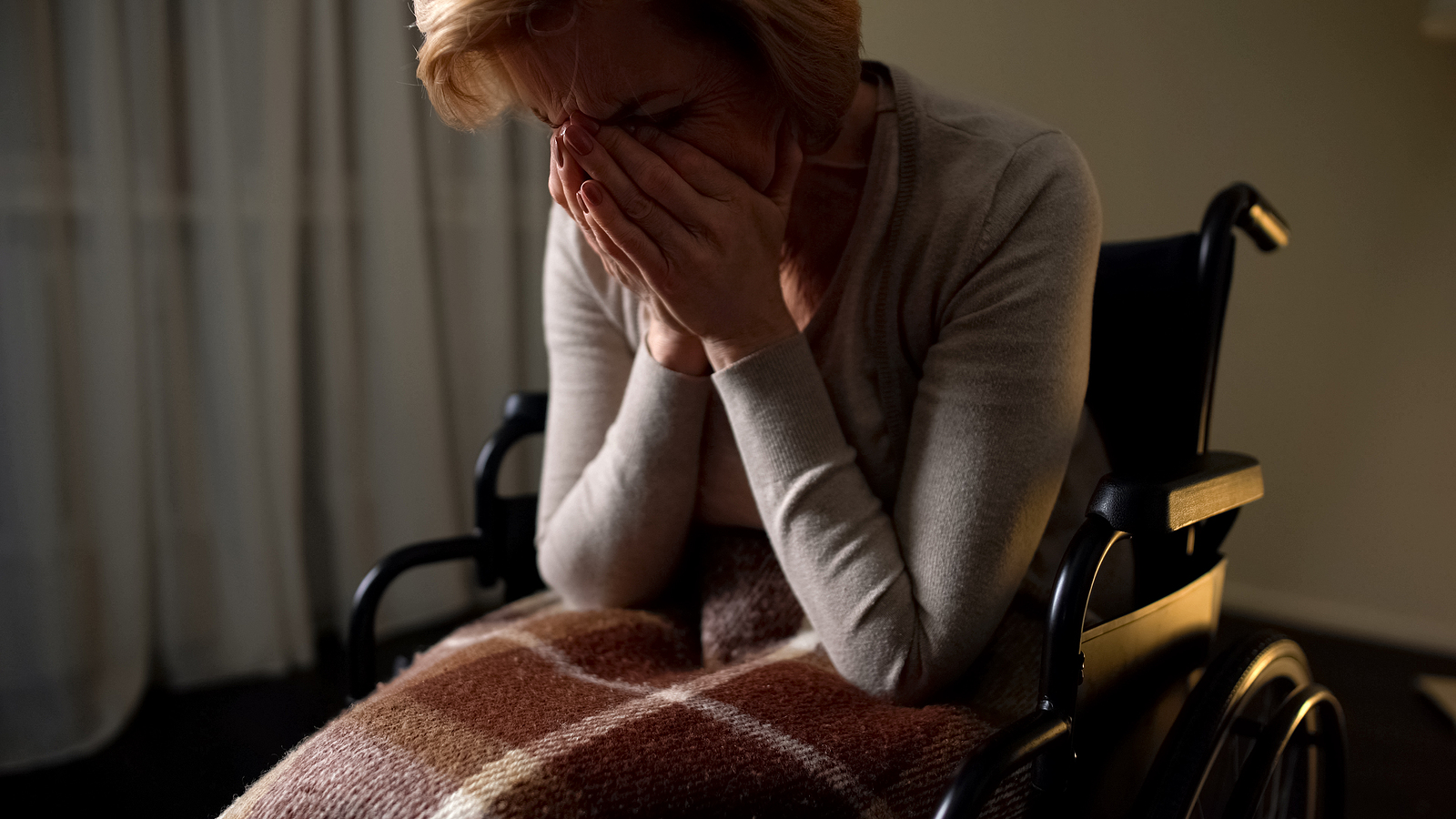
Nursing home neglect and abuse, unfortunately, is a problem that many people face. Learning more about the types of neglect and abuse that can happen and what you can do to reduce the risks of them happening to your loved one can provide some much-needed peace of mind.
Find out more about nursing home abuse and neglect, including what signs to look for to understand if your loved one is experiencing these issues. Find out how a personal injury lawyer can help if you or someone you love was the victim of nursing home abuse or neglect.
Understanding Types of Nursing Home Abuse and Neglect
Abuse in nursing homes can be divided into numerous categories. Typically, abuse occurs when someone takes action that causes harm to another, while neglect occurs when someone is harmed by a lack of action.
Here are some main categories of abuse that can occur in nursing homes:
- Physical abuse. Physical abuse causes physical harm to a nursing home resident. It can include incidents of pushing, punching, kicking, or pinching. In some cases, harshly restraining someone with ties or straps or handling them in an unnecessarily rough manner can be abusive.
- Sexual abuse. This type of abuse occurs when an older adult in a nursing home is touched in an inappropriate and unwanted way. If a person is unable to consent to sexual touch, then it is considered unwanted and inappropriate. And in the case of nursing home staff, sexual interactions with a resident would likely be considered inappropriate even if so-called consent is given due to the trusting nature of the caregiver relationship.
- Emotional abuse. This type of abuse typically involves verbal assaults, insults, and put-downs designed to denigrate a person and make them feel worthless or powerless. Examples would be nursing home staff calling a resident names, taking actions to isolate them from others or ensure they don’t get to participate in certain activities, or threatening them with harm or other inappropriate consequences to get them to do what the staff wants.
- Financial abuse. Financial abuse occurs when a person in a trust or power relationship uses their position to steal from or defraud someone else. In a nursing home, this could include stealing items or money from the resident, or talking the person into co-signing a loan or handing over money or other valuables.
Neglect is also a form of abuse. Some types of nursing home neglect that can occur include:
- Withholding or failing to provide necessary medical care. Not giving medications in a timely manner, ignoring bed sores or other conditions, failing to work with a resident to manage chronic conditions, leaving immobile residents alone for lengthy periods of time, and not reporting concerning symptoms to medical providers are all examples of medical neglect.
- Failing to support activities of daily living. Nursing homes should provide adequate daily care for all residents, including support with activities of daily living such as eating, drinking, going to the restroom, and dressing. Failing to support these activities can be a type of neglect.
- Creating a hostile living environment. Failing to keep a nursing home or even a single room within it at hospitable living conditions can be neglect. For example, if the heater isn’t working in a resident’s room, but they’re left there and no one fixes it, this can be neglect if temperatures get to concerning lows. Another type of neglect that falls into this category includes failing to keep rooms or common areas sanitary and safe.
Signs of Potential Nursing Home Abuse and Neglect
Each type of nursing home abuse or neglect has different signs. However, loved ones can be on the lookout for some common signs that might indicate a problem and the need to look into the care provided.
Common signs of nursing home abuse and neglect include:
- Unexplained and consistent minor injuries, including bruises and scratches
- Any major injury with unknown or suspect causes, including sprains, broken bones, or burns
- Bedsores or pressure sores that indicate someone is lying or sitting in the same position for extreme lengths of time without being moved
- Any signs of dehydration or malnutrition, including unexplained and sudden weight loss or abnormal confusion and disorientation
- Unsanitary personal hygiene, including not being properly dressed or clean
- Behavioral changes such as anxious outbursts, anger, or extreme fear
Tips for Proactively Avoiding Nursing Home Abuse and Neglect
It’s important to consider the potential for nursing home neglect and abuse if you’re looking for a nursing home for an older loved one. One proactive step you can take is to review the North Carolina Division of Health Service Regulation’s list of facilities with penalties to see if the location you’re considering has been found guilty of abuse or neglect.
Once you do choose a nursing home and your loved one becomes a resident, it can be important to stay in touch. Visit regularly, ask questions, and be on the lookout for any signs that may indicate concerns.
Actions to Take if Your Loved One Is a Victim of Abuse or Neglect in a Nursing Home
If your loved one is a victim of abuse or neglect in a nursing home, reaching out to a lawyer experienced in nursing home neglect cases may be a good idea. They can help you understand what actions to take, including reporting the nursing home or staff member to the proper professional authorities.
A lawyer can also help you understand if you have a case for compensation against the care professionals or nursing homes. If your loved one has experienced injury or other damages, they have a legal right to seek compensation. Call the O’Malley Tunstall personal injury law firm today to set a consultation appointment and find out what options you have to fight for your loved one’s rights.




